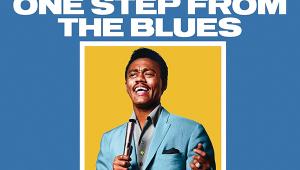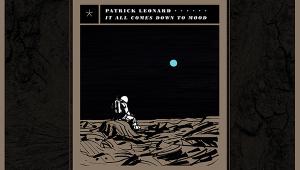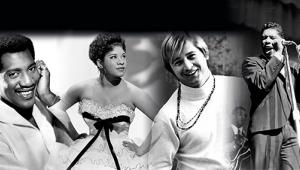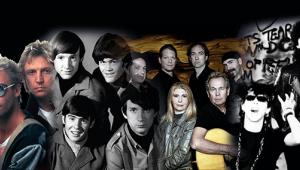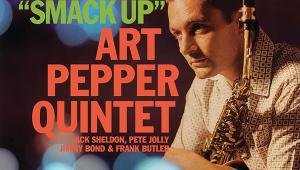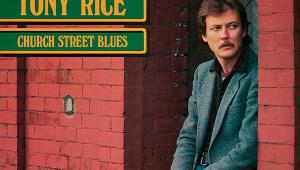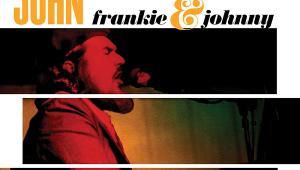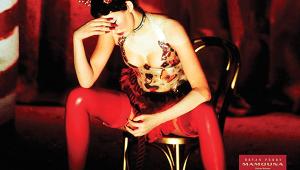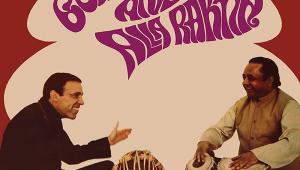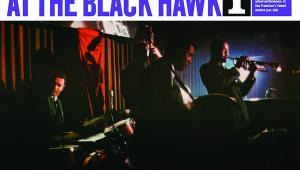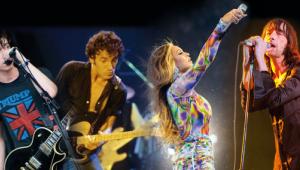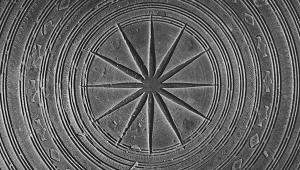Solo Sensations
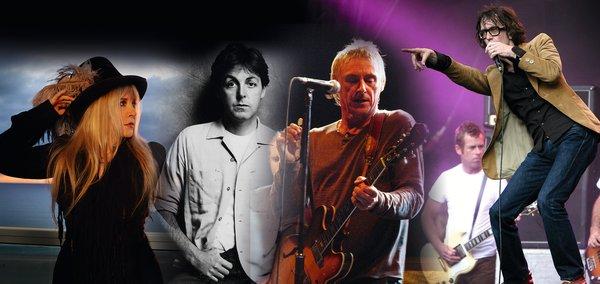
Solo Sensations
Not all artists strike gold after leaving the limelight of a successful group, but those that do can enjoy glittering new careers. Johnny Sharp unveils his Top 20 solo album smashes
Bands are a dying breed, it seems. As the cost of supporting four or five hedonistic and emotionally unstable young people while they record music that will attract revenue of approximately 76p per million streams becomes prohibitive, agents and record labels would rather invest in solo artists - lower overheads, you know how it is.
It's not like the old days, when the standard career arc for a pop star was to front a successful band and then go solo. Because solo was always going to be a simpler and more sustainable business model. Unlike band members, solo artists weren't likely to get jealous of themselves when magazine photographers only wanted to photograph the frontman. And they couldn't split up with themselves over disputed royalties or creative differences.
Rock 'N' Pop Rebels
That has led to some long and illustrious careers - or in some cases just a great record or two. Either way, for this month's Top 20 selection we celebrate the genre of artists who went solo after they'd made their name in notable groups.
So solo artists from Ed Sheeran to Jeff Buckley to Joni Mitchell don't count as they were never part of successful bands. We're also not including artists that were relatively unknown before they split from their original outfit (see Neil Young, formerly of Buffalo Springfield). Or those that subsequently became well known as part of a supergroup (take another bow, Neil Young, live-in lover but never quite committed partner of Crosby, Stills & Nash).
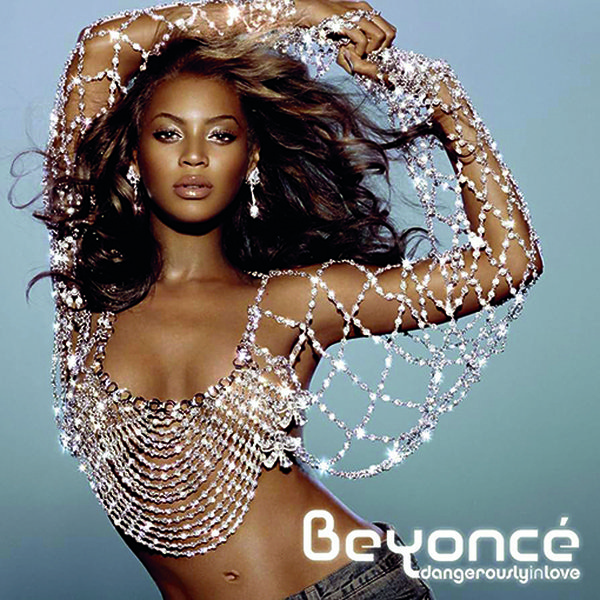
Beyonce
Dangerously In Love
(Columbia, 2003)
When all-conquering girl group Destiny's Child announced plans for each of the trio to make a solo album, their de facto leader left her release until last. But there was never any doubt that Beyonce Knowles' first effort under her own steam would succeed following the moment the album's lead single 'Crazy In Love' topped the charts across the globe. Her collaborations with the likes of dancehall king Sean Paul ('Baby Girl'), rapper Missy Elliot ('Signs') and her future husband Jay-Z ('Crazy In Love') showed she had her eyes firmly on ruling the R&B airwaves. It was mission accomplished, and then some.
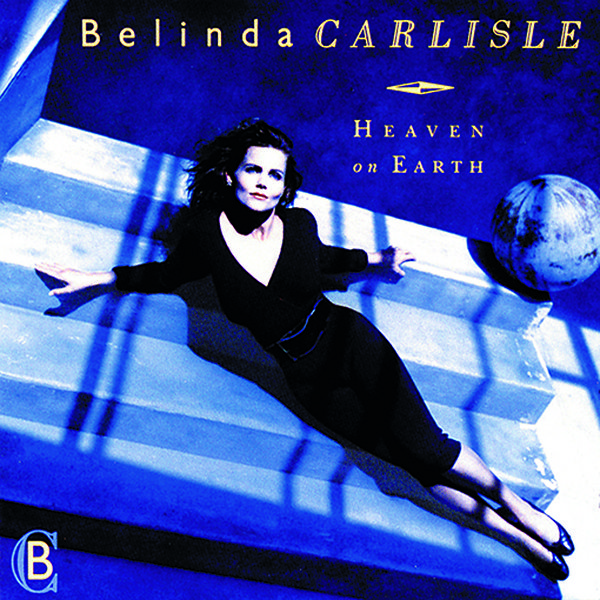
Belinda Carlisle
Heaven On Earth
(Mca, 1987)
After pioneering punk-pop gang The Go-Go's went their separate ways in 1985, Belinda Carlisle's former bandmates assisted in penning her eponymous debut LP in 1986. But it wouldn't be until she enlisted external songwriting help for this follow-up a year later that she'd reach her full potential as a pop siren par excellence. Global hits such as the almost-title track 'Heaven Is A Place On Earth' set her firmly on that path, and the follow-up smashes 'I Get Weak' and 'Circle In The Sand' were further highlights from an album that would reposition her as a Stevie Nicks for the MTV generation.
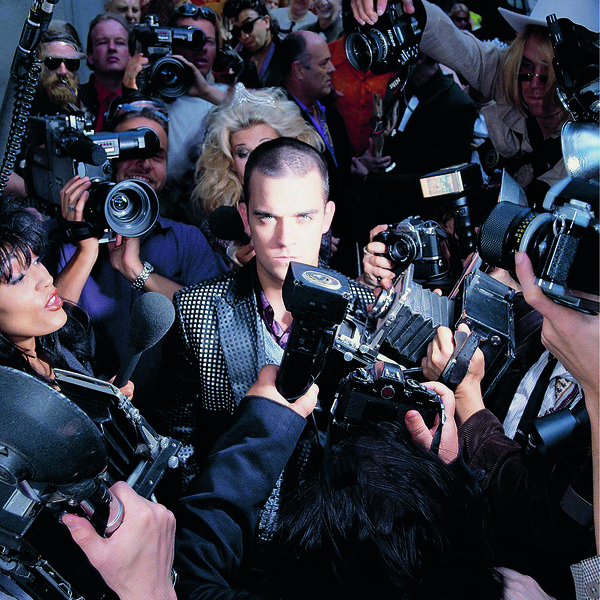
Robbie Williams
Life Thru A Lens
(Chrysalis, 1997)
In Take That he was often seen as the mischievous yin to Gary Barlow's yang, particularly after he jumped ship to pal up with Oasis at the height of Britpop. But for a while Robbie Williams' solo career looked like falling flat, until 'Angels' struck a chord with post-Diana Britain and persuaded pop-pickers to look again at the expertly crafted tunes included on this debut album, co-written with creative catalyst Guy Chambers. That deathless hit was flanked by ebullient anthems such as 'Let Me Entertain You', and 'Old Before I Die' (co-penned with hit machine Desmond Child), launching Robbie™ to mononymic ubiquity.
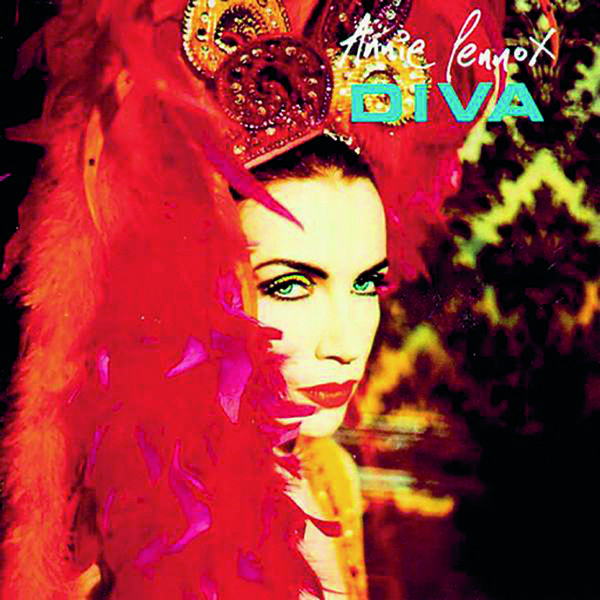
Annie Lennox
Diva
(Rca, 1992)
There was a time in the early 1990s when the former Eurythmics singer was the first lady of British pop, and this solo debut cemented that status. Drawing on R&B and soul stylings with help from producer Stephen Lipson while stamping her own ice-cool identity on hits such as 'Walking On Broken Glass' and 'Why', it was a more pensive affair than she was known for, exploring the nature of fame and the search for real feeling within it.
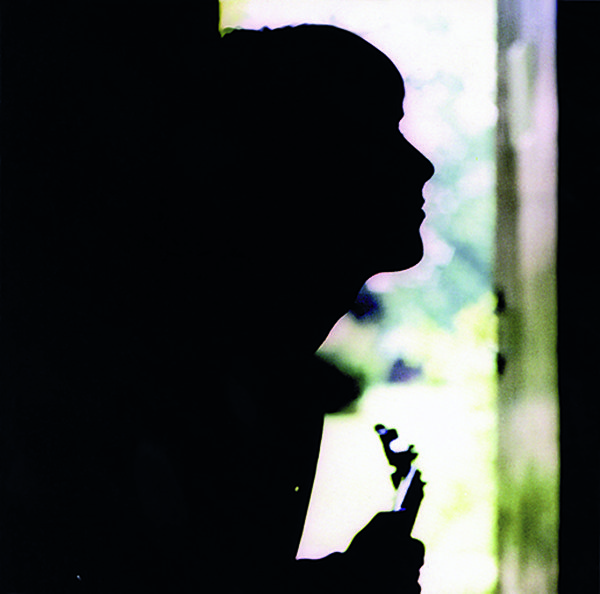
Paul Weller
Wild Wood
(Go! Discs, 1993)
After time in the commercial wilderness following the demise of The Style Council in the late '80s, the man who would one day be the Modfather rediscovered his mojo by delving back into his love of '60s psych-pop and pastoral Brit-folk songwriting. This second solo LP would see him gain the respect of the new Britpop generation, as the title track and 'Can You Heal Us Holy Man' see a soul-searching songwriter responding robustly to his own self-doubt.
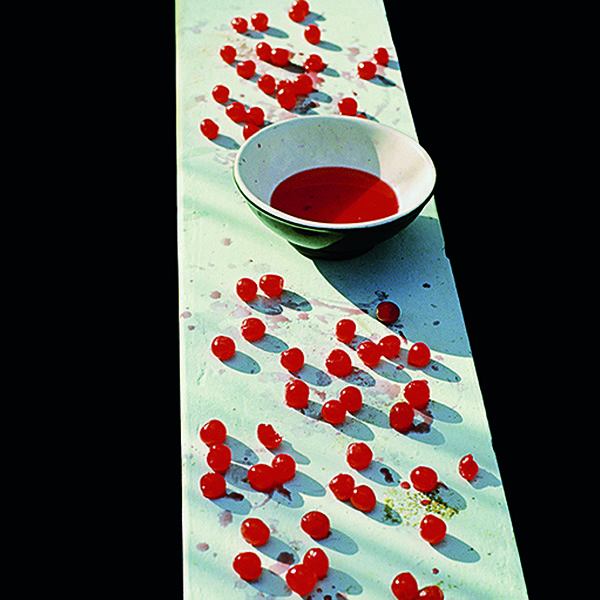
Paul Mccartney
Mccartney
(Apple, 1970)
The records he would later make with wife Linda and then Wings would offer further creative peaks, but when Paul retreated to his home studio just before Christmas 1969, in the knowledge that his band were dead in the water, he made a first solo LP that is so lo-fi and understated that it has an enduring appeal unlike anything else he's done. 'Maybe I'm Amazed' is the standout but 'Teddy Boy', 'Every Night' and 'That Would Be Something' are also sweet vignettes to savour.
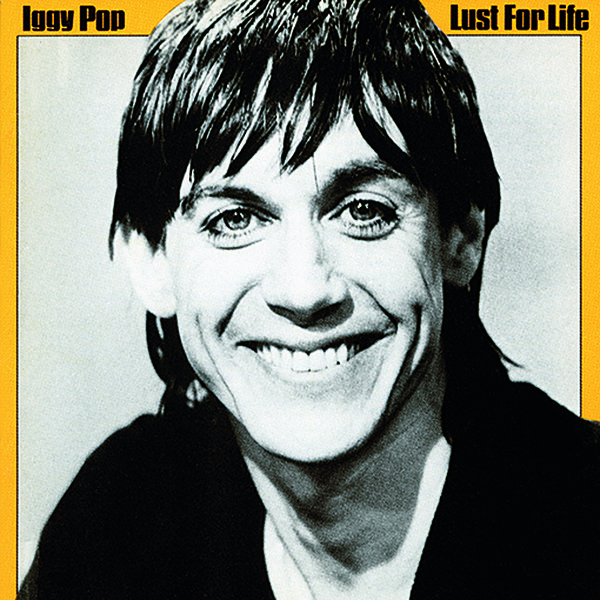
Iggy Pop
Lust For Life
(Rca, 1977)
Just months after his solo debut The Idiot, the Ig offered up a more direct, punk-facing set. He was still based in West Berlin co-writing with producer David Bowie but with a more Stooges-style attack to songs such as the title track, as well as a sense of nocturnal wanderlust on 'The Passenger' and dark romance on 'Fall In Love With Me'. The main man was trying to detox, but there was still the recurring sense of an artist on the edge on strung-out visions 'Tonight' and 'Turn Blue'.
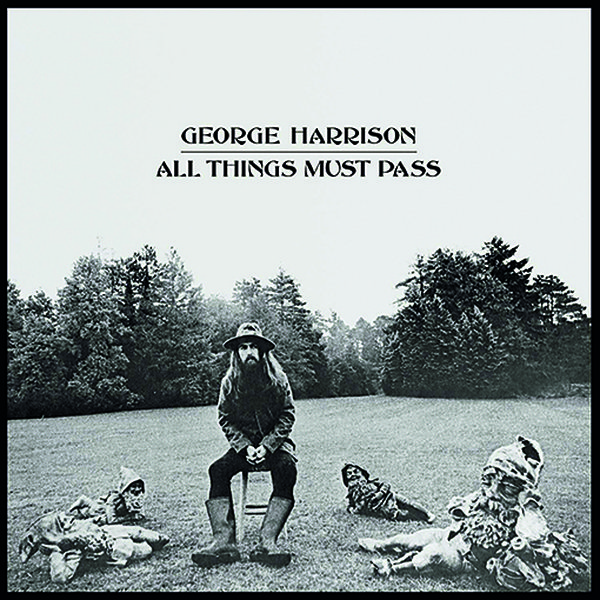
George Harrison
All Things Must Pass
(Apple, 1971)
In which the quiet one shows his former bandmates, 'Look at what you could have won'. His songwriting skills long underrated by his fellow Beatles, Harrison laid it all out on the table on this mammoth, 106-minute triple album. The quantity doesn't disguise the peerless quality of songs such as 'My Sweet Lord', 'Isn't It A Pity' and 'Awaiting On You All', shot through with his growing country-rock inspiration and the spiritual leanings he'd long brought to his previous band.
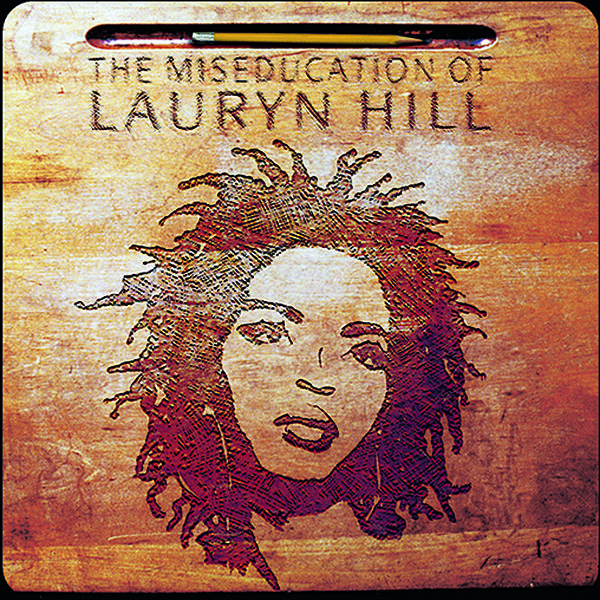
Lauryn Hill
The Miseducation Of Lauryn Hill
(Ruffhouse, 1998)
Just as The Fugees' appeal was beginning to wane, their singer fell pregnant, and her time off piqued her creativity, resulting in many of the songs that would populate this startlingly brilliant solo debut - her only solo LP, as it turned out. The 16 tracks it contained consolidated Hill's status as a vibrant modern female voice in commercial hip-hop - and without her, we'd surely never have seen the likes of Beyonce and Rihanna reach the heights they subsequently did.
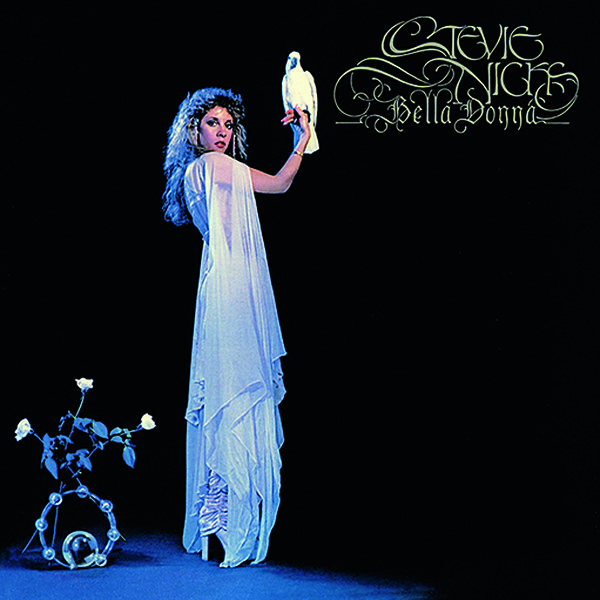
Stevie Nicks
Bella Donna
(Modern, 1981)
It was always going to be a tough ask to follow her alma mater's multi-million selling albums like Rumours, but the Fleetwood Mac frontwoman certainly made an impressive start to her solo career on this ten-track affair, on which she hooks up with former paramour Don Henley on the he-said-she-said ballad 'Leather And Lace', and the Tom Petty & The Heartbreakers-backed rocker 'Stop Draggin' My Heart Around'. Equally arresting is the moody 'After The Glitter Fades'.
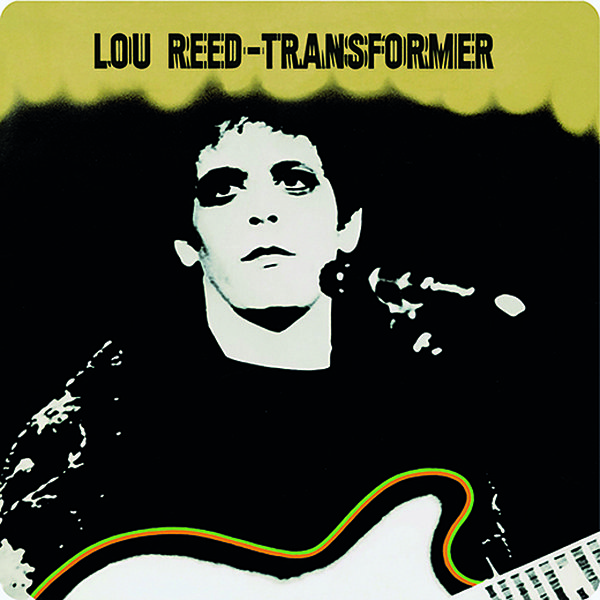
Lou Reed
Transformer
(Rca Victor, 1972)
Some albums hit a sweet spot between two distinctive sounds, and the man whose vocal drawl had characterised The Velvet Underground took that band's transgressive spirit and married it to strutting proto-glam on solo tracks like 'Vicious' and 'Hangin' Around' (enhanced by Mick Ronson's guitar and David Bowie's production). But the talent he'd shown for tainted love ballads in the Velvets was on display again on gems such as 'Satellite Of Love' and 'Perfect Day'.
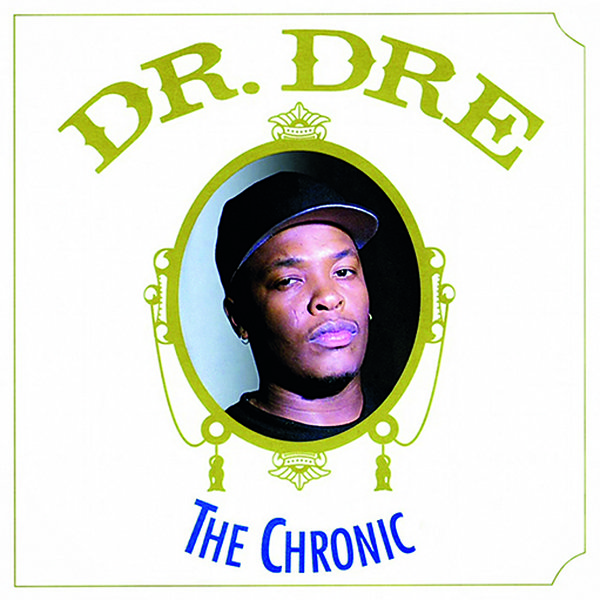
Dr Dre
The Chronic
(Interscope, 1992)
Although it's regarded as a landmark release for the former NWA man's production as much as his rhymes, The Chronic still sounds contemporary, even if the blend of '70s-inspired, swaggering bass-heavy grooves, soulful melodic flourishes and retro synth signatures defined the 'G-funk' sound of '90s west coast gangster rap. The distinctive drawl of Snoop Dogg is also a key component as jams such as 'Let Me Ride' and 'F**k Wit Dre Day' strut from the speakers in incomparable style.
>p>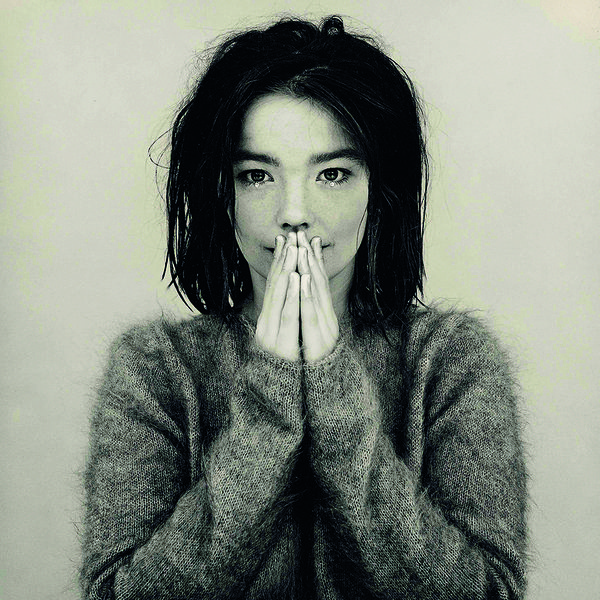
Björk
Debut
(One Little Indian, 1993)
As lead singer of Icelandic avant-pop miscreants Sugarcubes, Björk gained a modest degree of fame among the music press-reading classes in the late 1980s. But when she went solo with the help of Massive Attack associate and former Neneh Cherry producer Nellee Hooper she truly earned a place as dance pop maverick. Imbuing the same idiosyncratic world view she'd previously explored with a sweeping sense of romance on tracks such as 'Human Behaviour' and 'Venus As A Boy', she created off-beam pop that seemed truly unconventional compared to the workaday 'alt.rock' of her contemporaries.
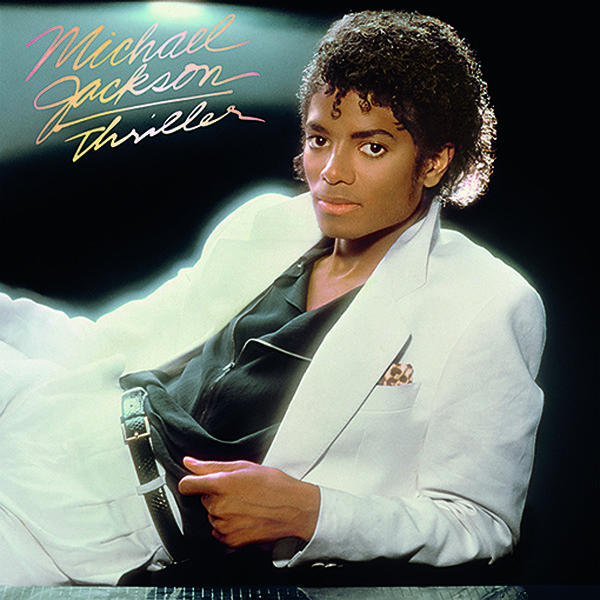
Michael Jackson
Thriller
(Epic, 1982)
You may have heard of this record, unless you grew up in an off-grid tribe in a remote part of the Amazon rainforest. The one-time baby of the Jackson Five clan was already well on the way to becoming one of the biggest stars of the 1980s when he enlisted the production skills of Quincy Jones and the songwriting genius of Rod Temperton to take his sixth solo set into the commercial stratosphere. Is there a duff track on it?
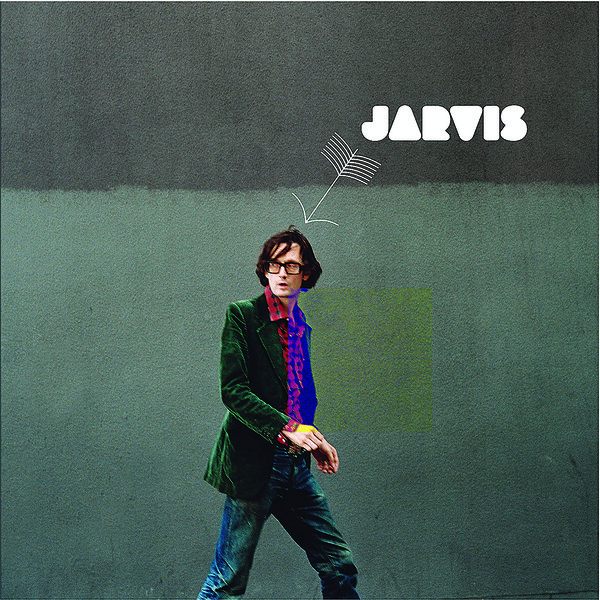
Jarvis Cocker
Jarvis
(Rough Trade, 2006)
It took him until his early 40s to make a record on his own, but the erstwhile Pulp stick insect's solo debut offered plenty of the characteristic wit and thrift-store panache that had helped his old band stand out among the generic blokiness of the Britpop scene they had outgrown a decade previously. Compositions ranged from the '60s-style chamber pop of 'Don't Let Him Waste Your Time' to the kitchen sink satire of 'Fat Children' and 'I Will Kill Again'. And finally, we see a welcome throwback to an early '90s CD trend with a hidden track. Unfortunately it has a title too explicit to print here. Why not discover it for yourself?
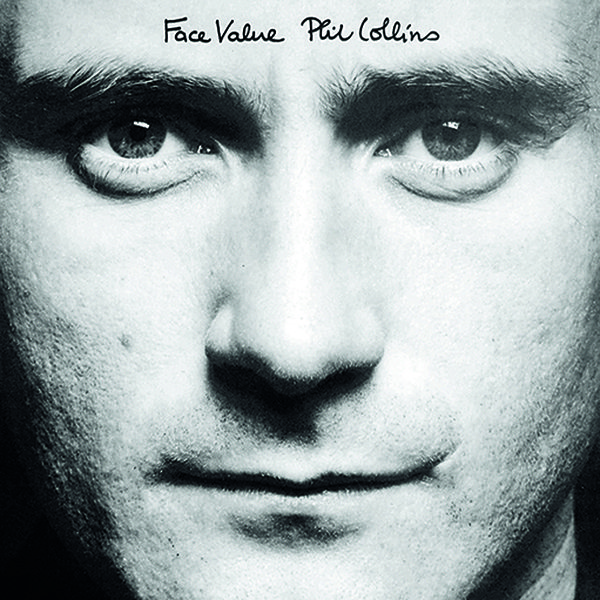
Phil Collins
Face Value
(Virgin, 1981)
His domination of British pop would eventually see him demonised as the epitome of anodyne MOR, but this solo debut from the Genesis drummer-turned-frontman shouldn't be overlooked. Inspired by the pain of a divorce, the angst-wracked quality of ballads like 'If Leaving Me Is Easy' still shine through, 'I Missed Again' has dated well as a brassy funk-pop confection, and 'In The Air Tonight' remains a stone cold classic.
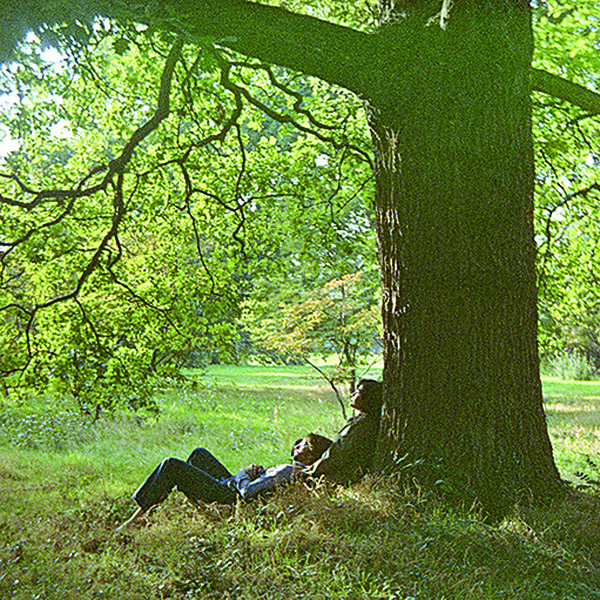
John Lennon
John Lennon/Plastic Ono Band
(Apple, 1970)
Although John Lennon wasn't the first Beatle to release a solo album, his was the most viscerally personal statement, even if he made it with his conceptual outfit the Plastic Ono Band, alongside a twin release by wife Yoko, whose surname was lent to the group. Inspired by the 'primal scream' therapy he had been undergoing, it delves relatably into childhood pain, the nature of fame, god, love and even social class, without ever losing a spellbinding melodic thread.
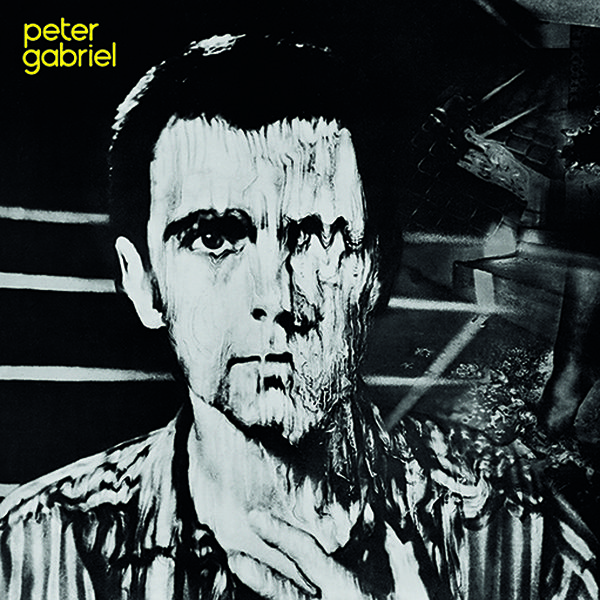
Peter Gabriel
Peter Gabriel Aka 'Melt'
(Charisma, 1980)
Before achieving MTV ubiquity with 1986's multi-platinum So, the former Genesis frontman made four self-titled albums of dark, dramatic alt-pop, of which this is arguably the pick. So nicknamed due to the visual effect on the sleeve, it gave him a UK Top 10 solo hit with 'Games Without Frontiers', ended with the haunting anti-Apartheid anthem 'Biko' and, for good measure, included 'No Self Control', where Phil Collins showcased his pioneering gated reverb drum sound.
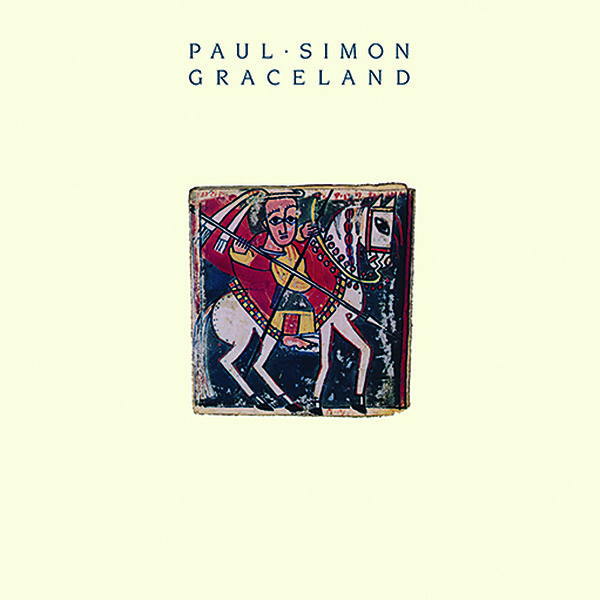
Paul Simon
Graceland
(Warner Bros, 1986)
If Simon and Garfunkel split due to musical differences, by the mid-1980s the duo's songwriting half was making music as different-sounding as you could imagine short of him forming a thrash metal band. The pop songs he wove around South African rhythms and the vocal harmonies of Ladysmith Black Mambazo (plus Cajun seasoning) were rays of exotic sunshine that revitalised the New Yorker's career, as well as turning plenty of punters on to a new strand of world music.
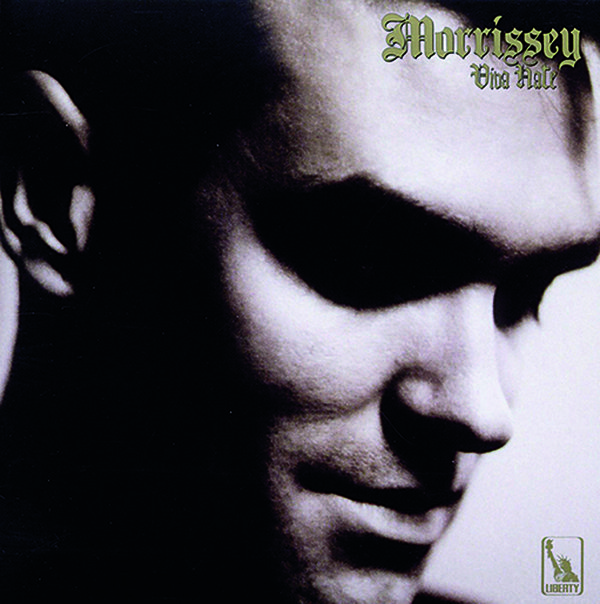
Morrissey
Viva Hate
(Hmv, 1988)
After five years leading the Manchester band, The Smiths' mouthpiece commanded huge anticipation for his first solo set, co-written with Smiths producer Stephen Street along with Durutti Column's Vini Reilly. While singles 'Suedehead' and 'Everyday Is Like Sunday' served up the elegantly tuneful sense of resignation, it was Moz's lyrics that starred as ever, on the seven-minute lament 'Late Night, Maudlin Street' and the Thatcher-targeted sign-off 'Margaret On The Guillotine'.


